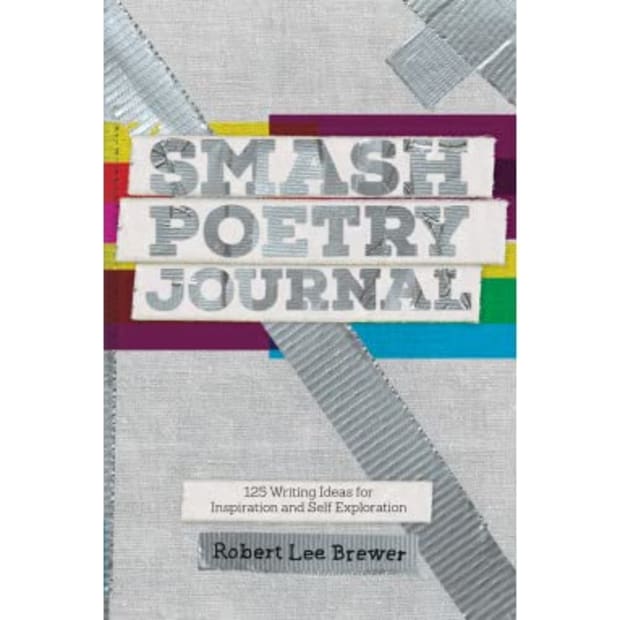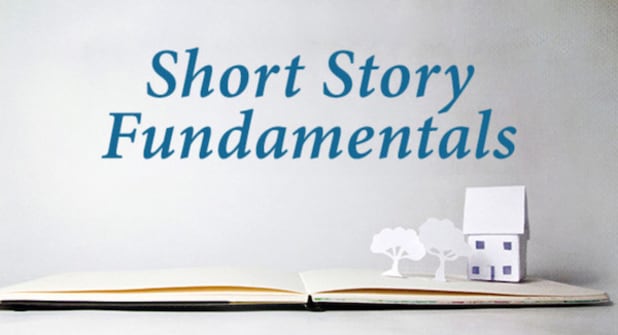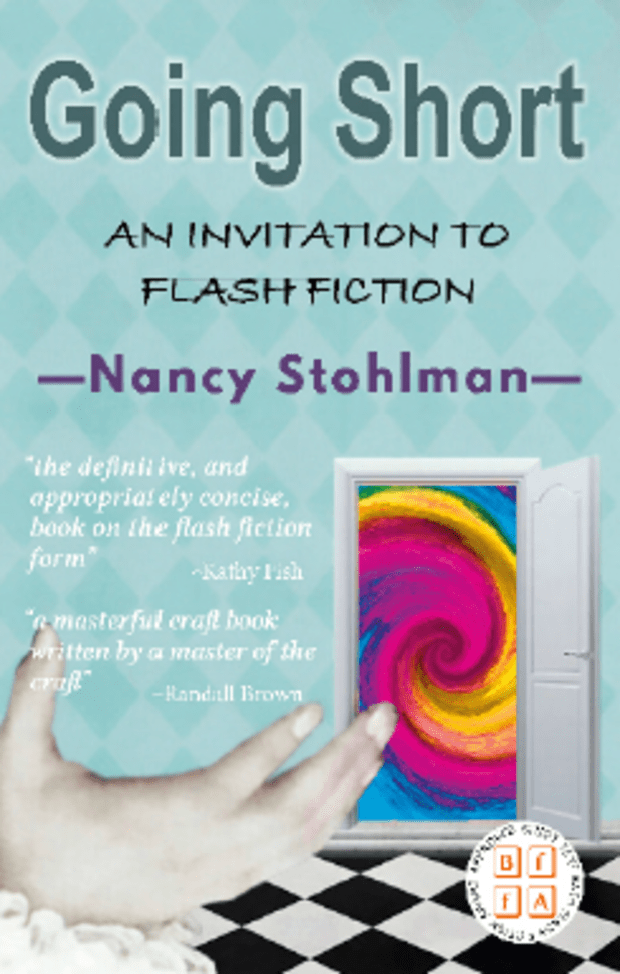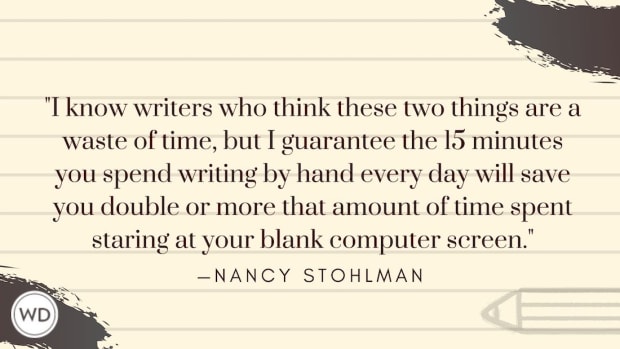One of my most vivid childhood memories took place in an English bookshop in Causeway Bay, a short minibus ride from my family home in Hong Kong. I was a voracious reader growing up, eyes constantly trained on any printed text available, even during dinnertime and when brushing my teeth. Intent on nourishing this interest, my mother took me to the children’s library at City Hall often, a floor above the marriage registry. And around once a month we would go to the bookshop, where I could take a book or two home.
I remember standing between the general fiction and the young adult aisles during one of these visits, my eyes scanning each of the titles and the names of their authors. I must have been less than ten years old. “Mom, why aren’t there any books written by Hong Kong people here?” I asked. “Why are all these books about other people in other places?”
“Maybe you’ll grow up and write them one day,” my mother said encouragingly. “Stories about Hong Kong people, by a Hong Kong person.”
It was more natural to me to imagine being on a different continent than to write about my immediate surroundings.
Yet when I ended up writing my first English book as a child, it was about an Australian girl who wanted a treehouse—a frivolity almost nonexistent in the concrete jungle I grew up in. It was more natural to me to imagine being on a different continent than to write about my immediate surroundings.
Twenty years later, that bookshop has long been shuttered, but the dearth of Hong Kong literature in English endures. I matured through a high school English curriculum consisting of tales that, though empowering for young girls, were based in faraway lands and eras: Little Women and Jane Eyre, plenty of Shakespeare, Sylvia Plath. On the rare occasion that the authors and protagonists resembled me at all—as in Amy Tan’s The Joy Luck Club and Maxine Hong Kingston’s Woman Warrior—their stories were so specific to the postwar Chinese American experience that I strained to see their relevance in my personal story, a love for mahjong aside.
Granted, English writing produced outside of the Western sphere has only achieved mainstream popularity over the past decade or two, when one could start finding a rush of names instead of a token representative narrative. I watched as South Asian authors started gaining ground in the noughts (Arundhati Roy, Kiran Desai, Mohsin Hamid, Suketu Mehta), then a surge of literature from Latin America past and present. Finally, for the past couple of years, Chinese writers have entered the spotlight, epitomized by the hype surrounding Liu Cixin’s The Three-Body Problem. But Hong Kong, with a population double L.A.’s and a millions-strong diaspora, is yet to produce stories of its own that enter the global consciousness.
There are so many stories about this fishing-village-turned-metropolis that are deserving of an audience outside its immediate borders, stories that help the world understand the economic, social, and political miracle that is Hong Kong. There is the brilliant work produced by the prolific sibling duo Ni Kuang and Yi Shu, forebears of the homegrown science fiction and romance genres, and Xi Xi, whose name resembles a little girl jumping from one hopscotch square to another, among many others. But I have never seen the English translations of their work available anywhere, either in my hometown or abroad.
Hong Kong certainly does not lack representation in the global imagination. It is a perennial favorite among expats and tourists, with its English fluency, abundance of mountains and beaches, accommodating nightlife, and breathtaking efficiency. From the 1968 The Thunders song “She’s in Hong Kong” to the 2015 film Already Tomorrow in Hong Kong, the city has long held fascination as a commercialized Shangri-la where East meets West, where Victorian architecture stands alongside dai pai dong stalls, and where organized crime gangs can ostensibly be observed from afar while basking in the safety of colonial-era laws. This sexy, highly fetishizable image is represented by the figures Hong Kong is most known for: kung fu stars Bruce Lee and Jackie Chan, stylish film director Wong Kar-wai.
The Wikipedia section for ‘Hong Kong literature in English’ lists not a single writer who was born and brought up in the city.
The problem with these portrayals is that they represent, at best, an outsider’s view of the city, however positive. The truth is, Hong Kong can be interpreted as two parallel spheres: one populated by locals, and another by the foreigners, who peruse our bars and pursue careers without ever having to speak the language. Our literary chroniclers tend to hail from the latter. The current Wikipedia section for “Hong Kong literature in English” lists not a single writer who was born and brought up in the city. While we can take pride in the volume of foreign interest in our hometown, whose tales certainly merit their own value, the lack of our own stories makes no sense. Is there only an appetite for imported viewpoints of Hong Kong, even in our own people? When can we start telling our own stories to the world?
Educator Emily Style famously posited that literature serves as both “windows and mirrors” to young readers: windows that offer them a perspective on the world and its multitudes, and mirrors that reflect themselves, building and affirming their identities in the process. A balanced curriculum of both windows and mirrors allows us to develop a healthy understanding of the self’s relation to the world. For English readers in Hong Kong, however, there are only windows, no mirrors. When we lose sense of what we look like, how are we able to show our true selves?
This question became all the more pertinent over the last year, when widespread protests wracked Hong Kong, turning our sleek malls and underground stations into battlegrounds of tear gas and Molotov cocktails. The milieu of both foreign and mainland Chinese media descended upon the city, quick to populate international headlines with political analysis and hot takes, painting the protesters as victimized martyrs, or spoiled brats ungrateful for the motherland’s contributions, or simply political pawns in the midst of the trade war. And because Hong Kong has always been a porous space where media from elsewhere is revered and quickly amplified, the lack of our own stories has made us highly susceptible to being understood as these simplistic tropes—both to the global audience, and to ourselves.
To use a parallel: When the Black Lives Matter protests erupted, the public turned quickly to the canon of BIPOC writing to understand the history and lived experiences of racism that persist to the present day. The patient work of writers such as James Baldwin, Toni Morrison, and Jesmyn Ward, to name but a few, finally paid off in educating and activating the public. But in Hong Kong, people held on to translated soundbites from foreign commentators and lukewarm political statements for ideological deliverance, reproducing them endlessly via social media memes.
The characterization of Hong Kong in the global imagination has once again been written by observers on the sidelines, not ourselves.
But we are yet to hear about the unique experiences of growing up in Hong Kong that are central to the ethos of the movement. How does it feel to need an immigration document in order to travel anywhere outside the one-hour radius that spans our city? To be told you’re part of a country, and yet somehow not; to speak, read, and write differently from the rest of said country? To learn the national anthem of one country, yet have your legal protection be underwritten by the institutions of another? To be told you’re special, and to have that status enshrined in law and in name, then have your privileges gradually drawn away? These are questions that are all pertinent to the Hong Kong identity and that speak to the core of the ongoing crisis. Yet mainstream coverage has centered predominantly on the angst and bitter defiance against the Chinese government, a narrative arc supported by cherry-picked quotes. After all, everyone loves a David and Goliath story, especially when it turns on the world’s burgeoning superpower, and the people cast as Davids rarely object to being glorified. And so the characterization of Hong Kong in the global imagination has once again been written by observers on the sidelines, not ourselves.
Perhaps this predicament is unsurprising. Writing is far from a popular profession in Hong Kong’s cutthroat, capitalist society; if you have a talent for English language and expression, you are shuffled into a career in law. For all of my mother’s comments that day in the bookshop, when I seriously informed her that I wanted to become a writer when I grew up, her initial reaction was, “Writing does not make money. It can be your night job, maybe, but it cannot be your profession.” This is reflected in students’ subject choices for the DSE, Hong Kong’s standardized high school exam: in 2019, only just over 3% of candidates chose to study either Chinese or English literature. When there isn’t much writing coming from Hong Kong to begin with, the chances of it capturing the attention of English-language publishers are low.
Meanwhile, along with Taiwan and Singapore, Hong Kong is easily sidelined to make way for the wider “China” narrative. With the protests, we are only able to win a supporting role as a righteous figure standing firm against a feared power; there is little room for more diversity and complexity. And of course, one can argue that with the gradual erosion of the freedom of speech in Hong Kong, locals have become more afraid to tell their stories than ever before, preferring to stick to the relative security of online forums and private messaging.
When all you read about is stories about people from elsewhere, it is easy to wish to be elsewhere.
The lack of Hong Kong representation in the English medium, and the Western aspirations it fosters, is self-reinforcing from a young age. When all you read about is stories about people from elsewhere, it is easy to wish to be elsewhere, particularly when one’s lived reality seems bleak and decidedly unrosy. The Hong Kong population has always been transient: one-sixth of local residents departed before the 1997 Handover, and another outgoing wave is expected in light of the city’s recent political turmoil. It is hard not to wonder whether the lack of local representation in the media has accelerated Hong Kong people’s wishes to leave.
There are many, many stories about this one-of-a-kind city that deserve to be told, beyond our political demands and Instagrammable urbanity. Stories that cannot be easily reduced to dramatic character tropes and loud headlines; stories written by people who have lived its ruthless optimism and messy reality, not just fascinated bystanders. A clear example I can think of is the McMug and McDull comics, created by Alice Mak and Brian Tse, about two anthropomorphic piglets struggling to grow up as they make sense of Hong Kong. A kindergarten storybook series turned sharp social critique, its language is simple yet laugh-out-loud punny, its culinary references mouth-watering, and its cruelly gentrifying backdrop recognizable to any visitor to the city. Its tone of voice is emblematic of our people: bitterly resigned to our capitalistic destiny, yet steeped in a let’s-get-on-with-it attitude. Such stories exist, and I’d like to believe there are people who’d like to read them.
The power of literature is in its ability to enable deep identification and empathy with one another’s experiences. If Hong Kong’s stories were made more accessible to a worldwide audience, perhaps we can start to be seen as full-bodied people with our own needs and foibles, not simply passive puppets under the specter of whichever political power is in charge. At a time when our city is under the global spotlight more than ever, the need to tell our own stories has never been more pressing.
The post Where Is Hong Kong Literature When We Need It Most? appeared first on Electric Literature.




